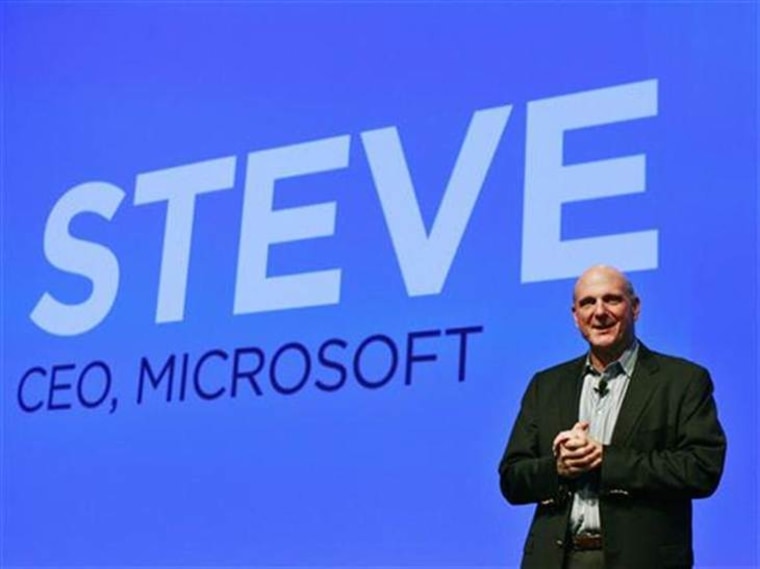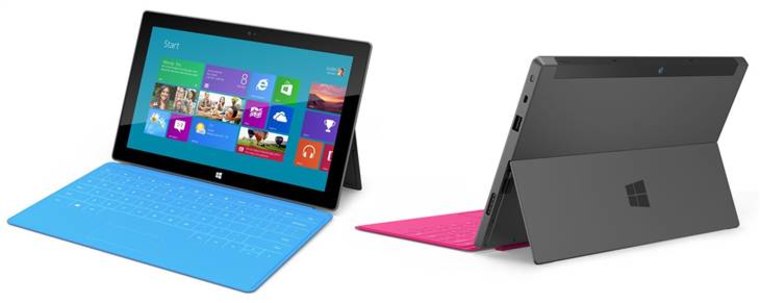
Microsoft CEO Steve Ballmer has a rosy outlook for their new Windows 8 operating system, saying Monday that "we're seeing preliminary demand well above where we were with Windows 7." But other measures indicate that this statement may be somewhat misleading.
Ballmer was speaking at a San Francisco event where Windows 8 and Windows Phone 8 hardware were being showcased. Windows 8 itself officially launched last Friday, but has been available in preview form for more than a year.
Comparing the new OS to its predecessor is natural, but could Windows 8, which has been intensely polarizing in the tech community, really be more in demand than the incredibly popular Windows 7, which famously fixed what Windows Vista had broken?
To find out, I spoke with Jay Chou, senior research analyst at IDC's Worldwide PC Tracker.
While he cautioned that Ballmer may be privy to some statistics not yet publicized, Chou suggested that Windows 8 probably isn't going to move PCs the way Windows 7 did — but that this has as much to do with the broader PC market as it does with the desirability of the OS.
"Our outlook on Windows 8 is that it will bring somewhat of a boost on the consumer side, but really, its full impact won't be felt till much later. We don't see it as a significant factor that will help the hardware business to recover."
He compared the circumstances of the release to those in 2009, when Windows 7 launched. At the time, millions of consumers and businesses were waiting eagerly for a chance to upgrade, having skipped the poorly received Windows Vista. Not only that, but netbooks were still selling at high rates, and Windows 7 was a great fit for that type of PC. Windows 7, in other words, arrived just when people wanted to buy into both new hardware and a new operating system.

Now, however, the economy has slowed PC shipments, tablets have replaced netbooks as the best option for casual computing, and for many people, the upgrade to Windows 7 is still fresh in their minds. Furthermore, Windows 8 isn't a cheap upgrade:
"Cost is a factor," said Chou. "To really take advantage of Windows 8, you need the hardware, the touch capability. You might have to upgrade your mouse or get a multi-touch trackpad."
And while sales of the Surface RT device appear to be fairly brisk, the bulk of consumers running desktops and laptops do not appear to be convinced; Windows 8 likely won't be spiking hardware sales the way its predecessor did.
So how can Ballmer make the statement that demand is higher? The fact is, while sales might not pick up for a year or so, Windows 8 has driven a huge amount of curiosity: the consumer preview of the OS was downloaded more than a million times on the first day.
If Ballmer's statement is interpreted as meaning they've seen unprecedented interest in the OS, then it can be considered factual. But interest does not always translate to sales. What people could test for free they may not want to pay to own, especially when reviews of the OS are mixed, and the best experiences rely on new, often costly hardware.
No sales statistics have been released thus far, but it has only been a few days since the official release. Microsoft will be obligated to make some official sales statements soon in order to satisfy investors and build consumer confidence. We will report any such news, which should appear over the next few weeks.
Devin Coldewey is a contributing writer for NBC News Digital. His personal website is coldewey.cc.